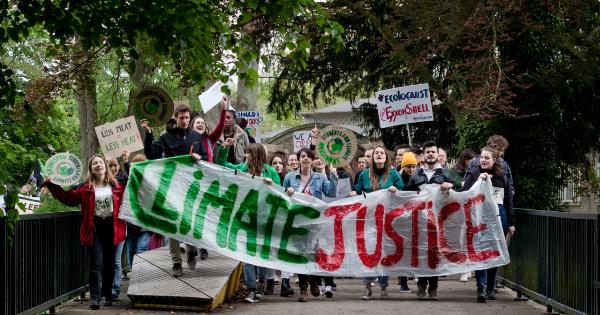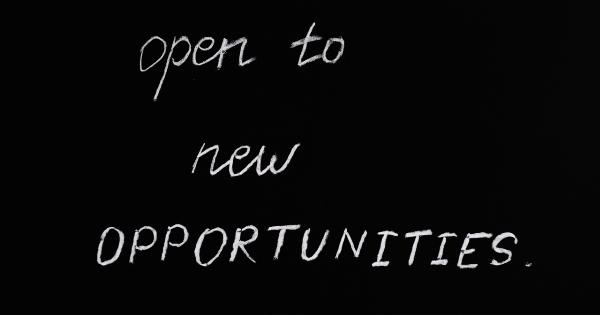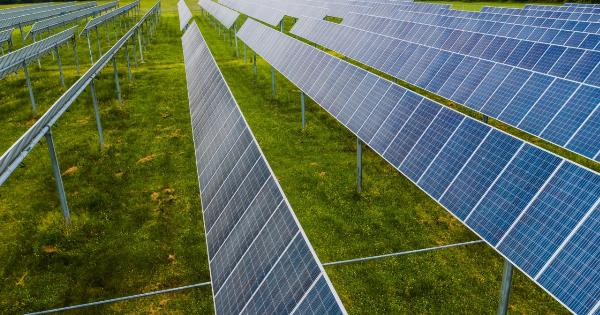Short-sightedness in economics occurs when individuals or organizations prioritize short-term gains over long-term benefits.
This mindset often leads to economic exclusion for the less fortunate members of society who do not have the resources or opportunities to adapt to rapidly changing economic conditions.
The impact of short-sightedness on the less fortunate
Short-sightedness in economics often results in policies that benefit those in power or with more wealth, while leaving behind those who are already marginalized or economically disadvantaged.
This can lead to increased disparities in wealth and opportunities, and perpetuate cycles of poverty and exclusion.
For example, policies that prioritize short-term profits over long-term sustainability may result in the exploitation of natural resources, which often negatively impacts the livelihoods of indigenous and rural communities who depend on these resources for their survival. Similarly, policies that prioritize economic growth over social and environmental goals may lead to increased inequality and exclusion for vulnerable groups such as women, people of color, and people with disabilities.
The role of government and institutions
Governments and institutions have a crucial role to play in addressing short-sightedness and promoting a more inclusive and sustainable economy.
This can be achieved by implementing policies and regulations that prioritize the well-being of all members of society, and by investing in education, infrastructure, and social programs that provide opportunities for those who are currently excluded from economic prosperity.
For example, governments can implement progressive tax policies that redistribute wealth from the wealthy to the less fortunate, invest in public education and healthcare, and provide financial and technical support to small businesses and entrepreneurs in marginalized communities. The private sector can also play a role by adopting sustainable and socially responsible business practices, and by supporting initiatives that provide economic opportunities to underrepresented groups.
The importance of a long-term perspective
In order to address short-sightedness and promote economic inclusion, it is important to adopt a long-term perspective that takes into account the needs and interests of future generations.
This requires a shift away from the focus on immediate gains and profits, and towards an approach that prioritizes sustainability, social justice, and quality of life.
One example of a long-term approach to economic development is the concept of “degrowth”, which advocates for reducing resource consumption and economic activity to create a more sustainable and equitable economy.
Degrowth seeks to shift the focus from GDP growth to measures of well-being such as life satisfaction and ecological sustainability, and has gained increasing popularity in recent years as a response to the ecological and social crises facing contemporary society.
The need for collective action
Lastly, addressing short-sightedness and promoting economic inclusion requires collective action and collaboration across sectors and social groups.
This can be achieved through the formation of partnerships and coalitions that bring together individuals and organizations from diverse backgrounds and perspectives to work towards common goals.
For example, community-based organizations can partner with government agencies and private sector businesses to implement grassroots initiatives that promote economic opportunity and social inclusion for marginalized groups.
Environmental organizations can work with labor unions and social justice groups to advocate for policies and practices that promote sustainability and reduce economic inequality.
Conclusion
In conclusion, short-sightedness in economics is a major obstacle to promoting economic inclusion and sustainability, and requires systemic changes at the policy and institutional levels.
Governments, businesses, civil society organizations, and individuals all have a role to play in promoting a long-term perspective that prioritizes the well-being of all members of society, particularly the less fortunate and marginalized. Through collective action and collaboration, we can work towards creating a more just and equitable economy that benefits everyone.





























